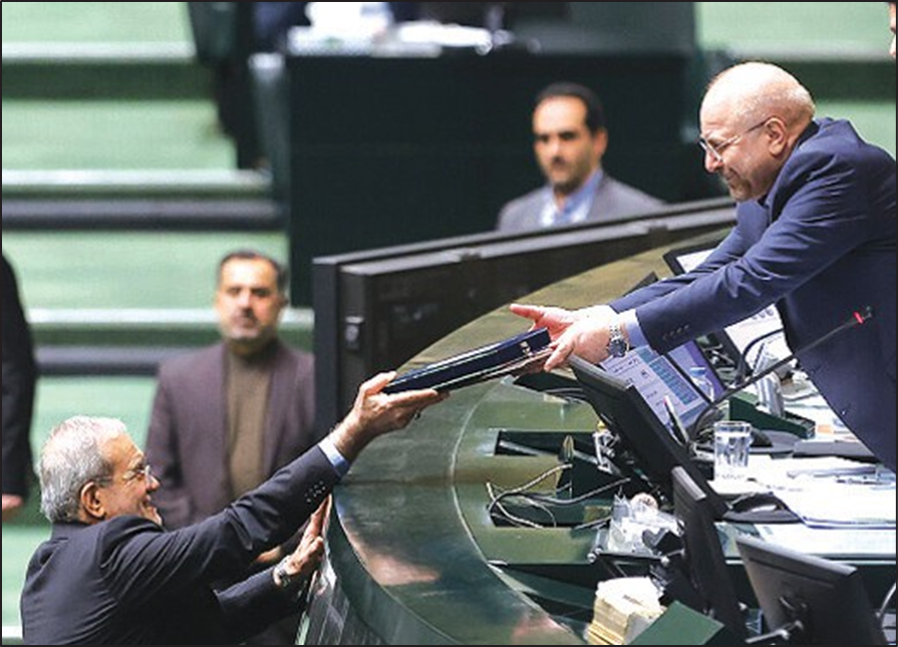on American troops since US officials began warning Iran that Washington was prepared to strike back hard.
A total of 14 US soldiers were killed in Iraq in June, the highest  monthly figure in two years. That prompted multiple and harsh warnings to Iran to stop. The death toll in July from hostile action then dropped sharply to four.
monthly figure in two years. That prompted multiple and harsh warnings to Iran to stop. The death toll in July from hostile action then dropped sharply to four.
The US Army said that all but two of the fatal attacks in June were carried out by three militias that the US says are linked to Iran. In one case, the truck used to launch rockets into a US camp was captured and fingerprints found of a militant who had previously been in US custody.
Adm. Mike Mullen, who will be retiring in several weeks, told reporters in Iraq Monday, “We have seen a dramatic reduction in these deadly attacks.”
Mullen attributed the change to three factors. First, he said, the United States has taken military action around its bases, such as patrols outside the perimeter, to stop people from firing into bases. Second, he said, Iraq forces, have stepped up their patrols as well. Third, he said, the Iraqi government has made direct approaches to Tehran telling Iran to back off.
Mullen said the initiative would have to be sustained, but expressed satisfaction with the results so far.
The warnings began early in July when newly installed Defense Secretary Leon Panetta told Iran the United States was “going to take this on, straight on.”
Gen. Martin Dempsey, the Obama nominee to be the new chairman of the US Joint Chiefs of Staff, replacing Mullen, added to the more critical rhetoric on Iran in testimony to the Senate Armed Services Committee last week.
He called Iran a “destabilizing force in the region” and warned Iran not to underestimate the US resolve to respond to any attacks on its troops in Iraq.
Dempsey said Iran is looking to show that it has ousted American troops from Iraq by staging a high-casualty attack as the December 31 withdrawal deadline for US troops from Iraq nears.
Dempsey said his Iraqi contacts have told him that “Iran’s activities in southern Iraq are intended to produce some kind of Beirut-like moment and, in doing so, to send a message that they have expelled us from Iraq.”
He said these views are “in some cases supported by intelligence.” He was referring to the 1983 truck-bomb eattack on US troops in Beirut in which 241 American servicemen were killed.
General Dempsey warned, however, that the repeat of such an attack would not be tolerated: “It would be a gross miscalculation to believe that we will simply allow that to occur without taking serious consideration of reacting to that.”
Dempsey accused Iran of contributing to instability in its neighborhood and pushing the limits of US tolerance.
“Iran is a destabilizing influence in the region.… With its nuclear activities and its surrogate activities in southern Iraq, there is a high potential that Iran will make a serious miscalculation of US resolve,” he wrote in prepared remarks for the Armed Services Committee.
Dempsey is currently the Army Chief of Staff and has served in Iraq. He said that when he first went to Iraq he did not comprehend the Shia-Sunni divide.
“I didn’t understand the dynamic inside that country, particularly with regard to the various sects of Islam that fundamentally on occasion compete with each other,” he said.
“When we took the lid off that [by conquering Iraq], I think we learned some things … and I’m not sure we could have learned them any other way.”
The four-star general is a 1974 graduate of the United States Military Academy and has a master’s degree in English from Duke University.
He also has master’s degrees from the Army’s Command and General Staff College (1987) and from the National War College (1955). Gen. Dempsey once taught English to West Point cadets.
Dempsey also expressed concern with Pakistan for being more preoccupied with traditional rival India than with fighting Islamist extremists within its own borders.



















